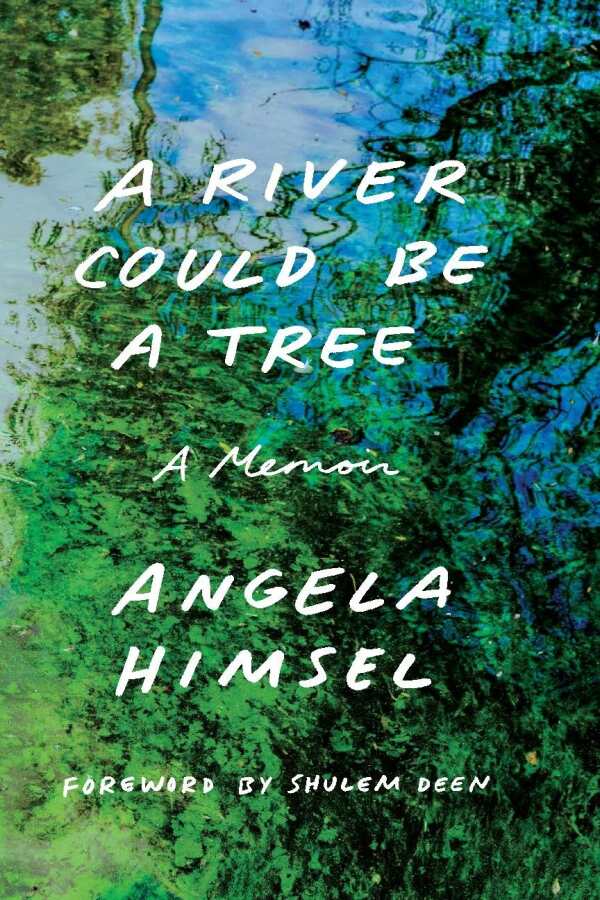A River Could Be a Tree
A River Could Be a Tree is Angela Himsel’s account of growing up in, and growing out of, the Worldwide Church of God—a Sabbath-observant evangelical sect now mostly associated with its leader’s scandals. Hers is a story of dualities: of the appeal of belonging to a rigid religious community, and the feelings of isolation that come with it; of rejecting worldliness and being drawn toward the world; of steeping in notions of the end times and finding new life in Orthodox Judaism.
Himsel’s memoir moves through tumultuous periods in a way that is both thoughtful and controlled. The Worldwide Church of God offered her family refuge from a rapidly changing world, but it also demanded that they eschew modern medicine, unclean foods, and makeup, and it expected heavy tithing. Belonging guaranteed eternity, but it was also a hardship. Himsel, though she longed for salvation, couldn’t squash her curiosity; by high school graduation, she was ready for something more.
Propelled into college life by a deep inner longing, Himsel found herself in non-evangelical circles almost incidentally. She traveled to Israel for two years of study abroad, and found something soulful in Jerusalem, though it wasn’t deeper faith in Jesus. Years working in New York City—and dating a Jewish man—read as equally happenstance.
As an account of evolving past childhood convictions, A River Could Be a Tree is sympathetic and often moving. Himsel’s audience will mourn with her, wonder with her, and discover with her. As an account of conversion to Judaism, though, it feels rather incomplete. Himsel’s interest in the tradition emerges midway, but her actual switch doesn’t happen until the end of the book, and it is painted in broad strokes. Even as Himsel relocates herself in a new community, the edicts of her first tradition, and concerns about salvation, loom. Her memoir captures the lasting and troubling impacts of absolutist belief systems ably.
Reviewed by
Michelle Anne Schingler
Disclosure: This article is not an endorsement, but a review. The publisher of this book provided free copies of the book to have their book reviewed by a professional reviewer. No fee was paid by the publisher for this review. Foreword Reviews only recommends books that we love. Foreword Magazine, Inc. is disclosing this in accordance with the Federal Trade Commission’s 16 CFR, Part 255.

